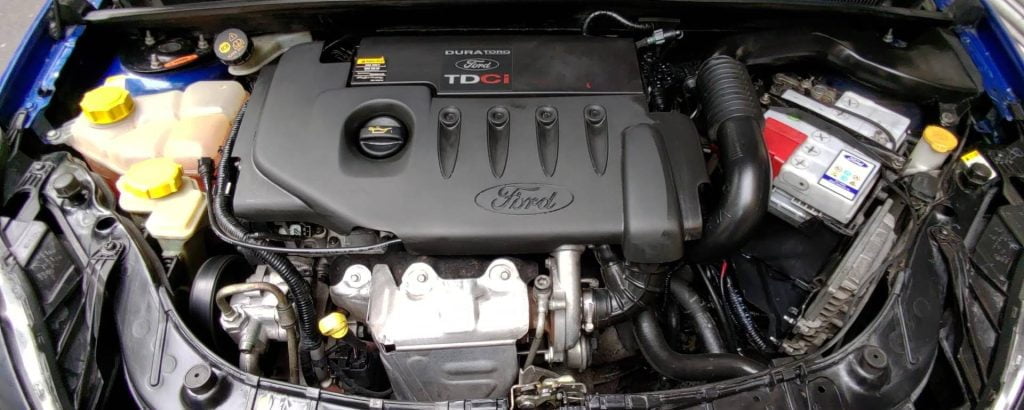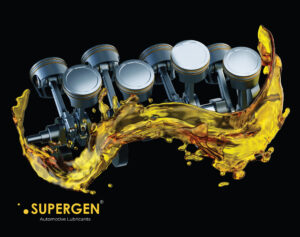Engine oil is a necessary component of any vehicle. The engine oil is supposed to protect the engine from rust, corrosion and any other contamination. It further lubricates the internal moving parts of the engine and prevents wear and tear. While engine oil is essential in all engines, the amount of oil required differs across bikes and cars. The oil capacity is the volume of engine oil that an engine can hold. This capacity depends on the design of the engine, the make and model of the vehicle, etc. For the Ford Figo diesel engine, the oil capacity is 1.4 litres.
Which engine oil is best for Ford Figo petrol engine?
As explained before, the engine oil grade that is required in a certain car depends on the make and model of the car, the design of the engine, its age and usage, etc. There are significant differences between a petrol and diesel engine, since the two fuels work and burn differently. This is why, most of the time, the recommended engine oil for petrol and diesel engines would be different. For the Ford Figo petrol engine, the recommended engine oil grade is 10W-50 synthetic. Before changing the engine oil, it is essential for car owners to know the recommended engine oil grade for their car and use only the specified grade that can be found in the owner’s manual.

Which engine oil is best for Ford Figo diesel engine?
Engine oil is divided into various grades that are determined on the basis of the viscosity or thickness of the engine oil. The thickness level of the oil required also varies from engine to engine, depending on the model, the age of the car, the circumstances of its usage, etc. However, the thickness level of an engine oil is not stable. It depends heavily on the temperature of the oil. In higher temperatures, the oil tends to get thinner while in cold climates, the oil is generally thicker. This is why the oil grade required for different engines is different. For the Ford Figo diesel engine, the required oil grade is 5W-30 synthetic oil.
What kind of engine requires more oil?
Even the best of engines do not have pistons or valves that are 100% gas tight and oil tight. This means that despite the manufacturing quality, engine oil is consumed at a low but steady rate. Furthermore, the heat in the combustion chamber also causes the oil to burn off and evaporate. This rate of consumption is different in different engines and therefore, the amount of engine oil required for different types of engines varies. Older cars, with older, less effective engines have a much higher consumption rate, since there are higher chances of leaks and overheating. This is why they might require more oil. Similarly, due to differences in design, diesel engines consume more oil than petrol ones, meaning that diesel engines need more oil. High powered engines with turbochargers also require more engine oil, since the turbocharger also needs to be lubricated.
Why do diesel engines get leaks?
There are many reasons for leaks in engines, all of which might be caused due to different factors. Regular wear and tear as well as old age of an engine is a major cause for oil leaks in diesel engines. When an engine starts to degrade, one of the first symptoms can be oil leakage. In the case of diesel engines, the oil gasket in an engine might get damaged easily, causing the oil to start dripping. Without regular maintenance and servicing and due to irresponsible driving or bad roads, the engine degradation can become quite severe and thus exacerbate any existing small leaks. It is of utmost importance that car owners check their engines regularly and service it often to reduce risks of leaks. Heavy leakage can lead to various issues in an engine and can also cause the engine to seize up due to lack of oil.









